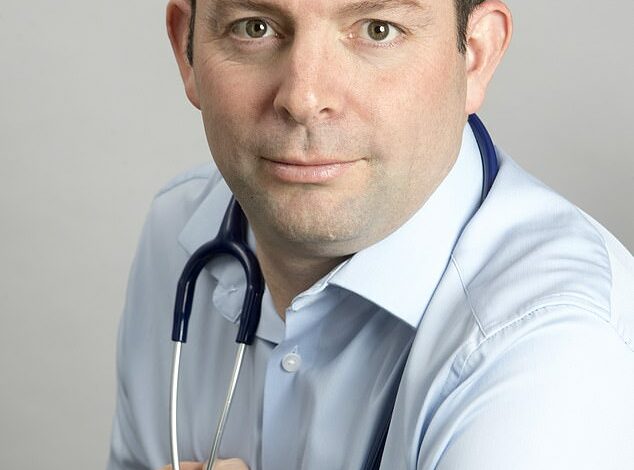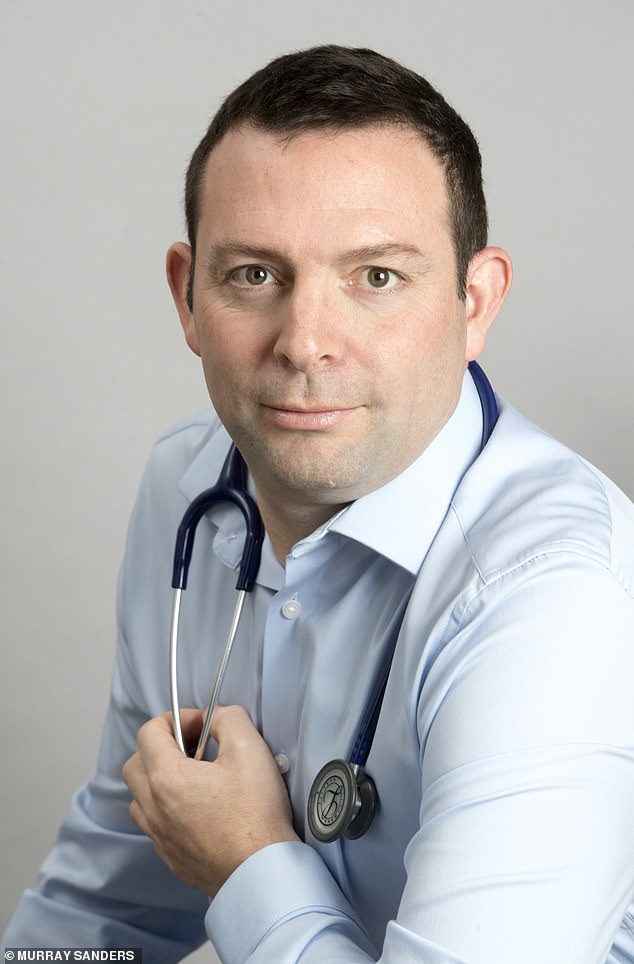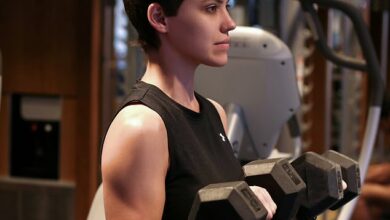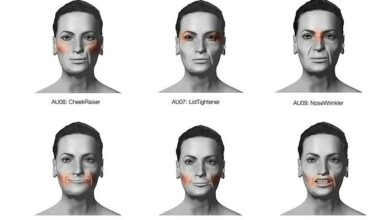How ‘unconscious incompetence’ could put you at increasing risk under NHS plan for new breed of medic: PROFESSOR ROB GALLOWAY




Avoid visiting hospitals in August. Chances are you’ve heard this ‘warning’ before, as this is the month junior doctors start their NHS careers, and it has led to fears that it’s a dangerous time to be in hospital.
And there was some basis for this. For example, a 2009 study by Imperial College London found that the mortality rate for patients admitted as emergencies on the first Wednesday in August (when the new doctors started, and dubbed “Black Wednesday” in the media) was 6 percent higher than for patients admitted on the last Wednesday in July.
Today it is much safer. The biggest risk, in my opinion, is another group of medical professionals: physician associates.
Despite the NHS’s plans to provide more care, a survey published in the Mail yesterday found that more than half of patients do not know what a ‘physician associate’ is.

Dr. Rob Galloway says some new medical graduates are overconfident
But first back to the new doctors. By the time they arrive at the hospital ward, they have already had years of training and passed several difficult exams.
And once they start, they are closely supervised by experienced physicians and, most importantly, they have a “provisional” license to practice, with a set scope of what they can and cannot do.
Is the system perfect? Of course not. But having been involved in training final year medical students for the past 13 years, including their ‘preparation for practice’ course – and then supporting them as they entered the workforce – I know what goes into making this transition as safe as possible.
One of the reasons safety has improved is the way we teach our medical students and new physicians to make clinical decisions and understand the limitations of their skills.
Medical decision-making is complex, but can in principle be divided into fast and intuitive decisions (‘this patient needs resuscitation now’) and slow and considered decisions (‘this patient needs blood tests, investigations, scans and a review of his medical history’).
But doctors, especially recent graduates, do not always know the answers to all the questions asked of them.
That’s fine, as long as they know it and don’t pretend they do, which is what we call “conscious incompetence.”
As an A&E consultant I see many patients with complex issues that are beyond my expertise, but I am trained to recognise this and feel comfortable asking for help from experts in the relevant field.
The real risk lies with doctors who treat patients without realizing they don’t have all the answers: they make decisions with a confidence that belies their knowledge and expertise – otherwise known as unconscious incompetence.

He says hospitals need to have a culture where young doctors feel empowered to ask for help.
It is not a deliberate arrogance, but a hubris due to lack of experience. As Shakespeare said, “The fool thinks he is wise, but the wise man knows he is a fool.”
We reduce unconscious incompetence in medicine through training and by creating a culture where junior doctors feel able to ask for help, so that they are not forced to make decisions that are beyond their level of competence. And we need support structures around them.
When I was a junior doctor 22 years ago I was on my own on night shifts and my lack of supervision meant I made mistakes. I still live with some of those mistakes, including the case of a man in his 50s with poorly controlled diabetes.
He had a chest infection, which had led to diabetic ketoacidosis – meaning he was very dehydrated. I thought I knew best how to treat him.
But despite having spent six years in medical school and two years as a physician, I didn’t have the experience to treat him properly or to realize that I couldn’t handle him.
I gave him fluids and because he didn’t get better as quickly as I expected, I gave him more, and more.
I overfed him and sent him to heart failure; he died a few days later in intensive care. His death certificate listed sepsis, diabetes, and heart failure. But I know that all of those causes were due to my unconscious incompetence.
In addition to four doctors in training, my department now also has a middle-level doctor and an emergency room doctor working at night for support and direct supervision.
But the main reason I believe new doctors are safer is the rules and regulations introduced by the General Medical Council (GMC) in 2005.
For example, newly graduated doctors are currently only registered provisionally. This means that nurses know that they cannot ask them to make specific decisions, for example if a patient needs to be resuscitated in an emergency.
That is why medical errors are now much more likely to be made by doctors who have been in the profession for several years than by junior doctors.
While we are improving patient safety among new doctors, there is another group of staff that I am increasingly concerned about. Physician Associates (PAs) have been working in the NHS for over 20 years and are brought in to relieve doctors of some of the administrative and routine tasks.
Over the years, however, their role has changed and they are now being used to fill the gaps left by the shortage of GPs and assistant doctors, even carrying out entire appointments independently.
This is unfair to the PAs themselves and puts patients at risk.
In 2022, Emily Chesterton, a 30-year-old actress, died after being misdiagnosed by her GP as having a blood clot in her lung.
A blood clot is not uncommon, but it is not easy to detect. That is why, in addition to medical school, there is a minimum of five years of training to become a general practitioner.
This comprehensive training is designed to address unconscious incompetence and teach you when to ask for help.

Those with the money in their pockets are using physician assistants as a cheaper way to provide medical care
But Emily was not seen by a GP, as she thought, but by a resident physician.
They require only two years of training after completing a non-medical degree and can work in a general practice setting, treating patients without any additional training.
This new model of medical care has entered the NHS more by accident than by design, with the medical leadership (some Royal Colleges, GMC and NHS England) promoting the role of PAs without regulation of what they could and could not do and how much oversight was needed.
The GP practice where the junior doctor in Emily Chesterton’s case worked did not break any rules – because there were no rules.
Without fully realising the risks, those with the purse strings, such as GP practice owners and hospital managers, are using PAs as a cheaper way to provide medical care and to plug gaps.
They have even been given an incentive to do so, thanks to the Additional Roles Reimbursement Scheme (which ended on 2nd August). This funding could be used to employ PAs, but not GPs (the professionals who actually want to see patients!).
While I am not against the idea of junior doctors, they should work as originally intended: registered with a non-medical regulatory body, with a defined skill set and performing specific care with protocols, under the supervision of a senior doctor.
However, from December they will be regulated by the GMC, adding to the confusion that they are in fact some kind of doctor.
It is not the junior doctors and Black Wednesdays that cause the real fear, but the rise of unregulated doctors to take care of you.
And if not reconsidered soon, what seemed like a good idea to improve care will end up having the opposite effect.
@drrobgallowaand




